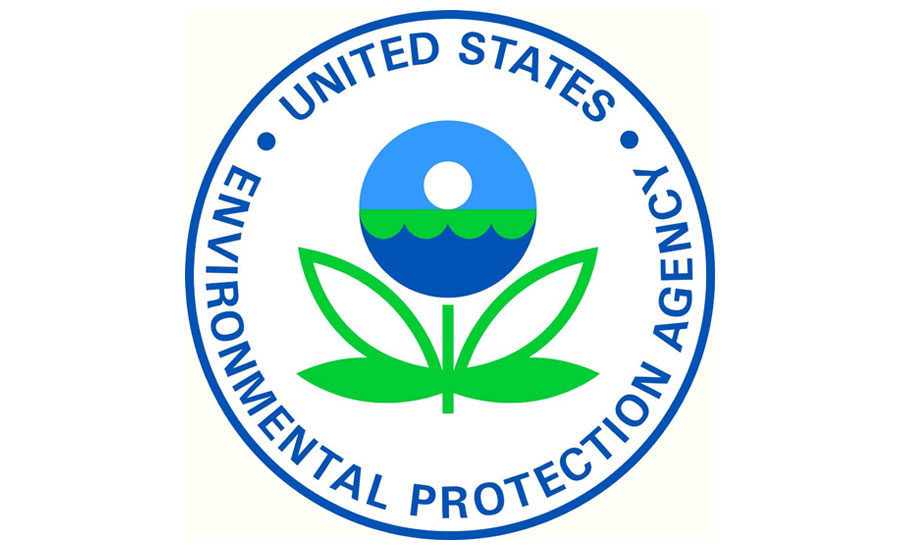The following is a media release from Sen. Elizabeth Warren’s office. She was elected by voters in the Commonwealth of Massachusetts to serve the state in Washington DC in the US Senate. She is a Democrat.
***
[broadstreet zone=”58610″]
WASHINGTON DC – Today, October 21, United States Senator Elizabeth Warren (D-Mass.) called on Environmental Protection Agency (EPA) Administrator Andrew Wheeler to use and improve equity screening and mapping tools to identify and invest in vulnerable communities, specifically requesting the agency to submit a plan within the next two months to improve the EJSCREEN tool and expand its use in federal environmental decision making.
EJSCREEN provides the EPA and the public with a nationally consistent dataset and approach for combining environmental and demographic indicators, but the agency does not currently use the tool to identify and label areas as environmental justice communities, review cumulative impacts, or make federal policy decisions. Instead, the agency has severely limited the usefulness of the tool, both in its design and its deployment.
“In order to combat these injustices, we must identify and help these communities, and the EPA has existing tools to do so that remain unused…I urge you to identify and implement improvements to EJSCREEN so that we may better combat environmental injustices throughout the country,” wrote Senator Warren.
[broadstreet zone=”59946″]
Environmental degradation has a disproportionate impact on low-income communities and communities of color, largely due to systemic racism and segregation.
Corporations have long concentrated industrial pollution in low-income communities, and Black families are more likely to live in neighborhoods with more concentrated air pollution than white families, even if their income is the same or greater.
Black families are also 75% more likely to live near facilities that produce toxic and hazardous waste. Frontline communities, particularly Black communities, often face compounding health risks from their disproportionate exposure to environmental degradation.
These compounding environmental and health inequities have led to starkly disparate health outcomes from COVID-19.
[broadstreet zone=”59948″]
A new report released today, October 21, by the Evergreen Collaborative and Demos details how we can build a new national Equity Mapping Program to advance environmental justice proactively nationwide. The report, along with Senator Warren’s letter, note the importance of resolving weaknesses and limitations of current mapping and screening tools like EJSCREEN such as its inability to capture the cumulative impacts that communities face due to the intersection of environmental harms with population vulnerabilities.
In her letter, Senator Warren urged the EPA to review the steps that would be necessary to incorporate cumulative impacts in its mapping tools and consider specific forms of environmental harms and the population characteristics of the most affected communities at the most specific level possible. Senator Warren also requested the EPA to determine how EJSCREEN’s data can be used to more fully inform federal decision-making, including permitting decisions. Warren also asked the EPA to consider initiatives in California, New York, Washington, and Maryland, as a potential template to determine how equity mapping can be used to collect and review more data and incorporate cumulative impact analysis as well as provide a foundation for agency decision-making.

New: Equity Mapping Report by Evergreen Collaborative & Demos (PDF)

